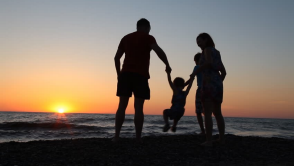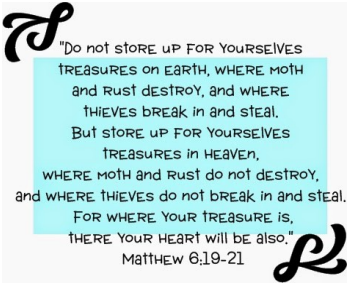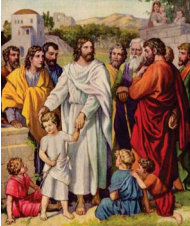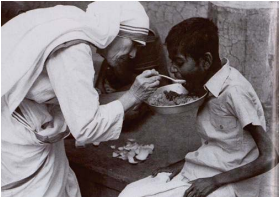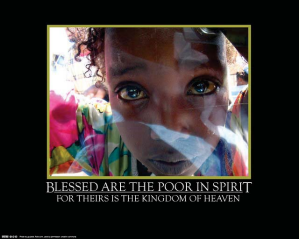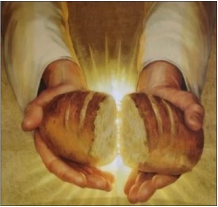A Force For Good
https://stmarystcatherine.org/wp-content/themes/osmosis/images/empty/thumbnail.jpg 150 150 Charlestown Catholic Collaborative Charlestown Catholic Collaborative https://stmarystcatherine.org/wp-content/themes/osmosis/images/empty/thumbnail.jpgWhen a young mother and her three children moved Charlestown, her four year-old was shocked by the change of scenery. Their new apartment had two bedrooms, a kitchen, and a living room. Their last home was a shelter. They were happy to find a home but faced a serious problem: they didn’t own a single piece of furniture, not even a mattress, and lacked the money to buy any. This is one of the many scenarios that the Society of Saint Vincent de Paul, a quiet force for good in our community for 138 years, addresses in their work among the poor.
Saint Vincent de Paul built a network of missions and confraternities for those in need beginning in the 1600s. His foundation for a global charity system now operates in 142 countries. In America, the Society of St. Vincent de Paul comes to the aid of millions of people. Vincentians hail from all walks of life and work for a noble purpose: in addressing the needs of the poor both spiritually and materially, they see the face of Christ.
Father John Williams brought the Conference of St. Vincent de Paul to Boston in 1861. The Society flourished over the city when Fr. Williams became bishop. Charlestown had the benefit of three conferences, one for every church. Each group was operated by dedicated laypersons and relied upon the donations of parishioners. St. Mary’s Conference—which runs in our parish today—began in 1876 under the auspices of Msgr. McMahon.
Through the donations received they were able to supply shoes for children and offer food to the unemployed. Vincentians respond to a variety of issues throughout Charlestown every week. Some need help with rent, utilities, and furniture. Society members engage by listening to their stories, determining their living situation, and assisting in whatever way they can.
The St. Vincent de Paul Society also has a furniture warehouse in Stoughton. Financial donations from our parishioners allow our local Conference to purchase needed items from their warehouse and have them delivered to local residents. Without donations to the St. Mary Conference of the Society, this assistance would not be possible. Please prayerfully consider placing a donation in one of our StVdP collection boxes found in back of the Church, or sending a donation earmarked for St. Vincent de Paul, to our Parish Center at 46 Winthrop Street.
“We should strive to keep our hearts open to the sufferings and wretchedness of other people, and pray continually that God may grant us that
spirit of compassion which is truly the spirit of God.”
— St. Vincent de Paul
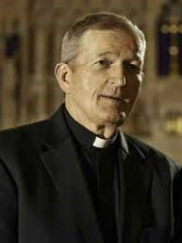
Fr. Ronan had spine surgery on Friday, September 24th and is progressing in his healing.
Please keep him in your prayers for a full recovery and a speedy return to the Parish life he loves so well.

Twenty-eighth Sunday in Ordinary Time
October 9/10, 2021
Jesus offers a hard lesson regarding wealth and possessions in today’s Gospel.
The rich man whom he encountered could not part with his possessions as a condition to becoming a disciple of Jesus.
Would our response be the same as the rich man?
Do we place our trust in our money and possessions instead of trusting in God’s generosity?
Do we seek security in our possessions?
Good stewards realize that their possessions must not possess them, lest those possessions block their relationship with the Lord.


